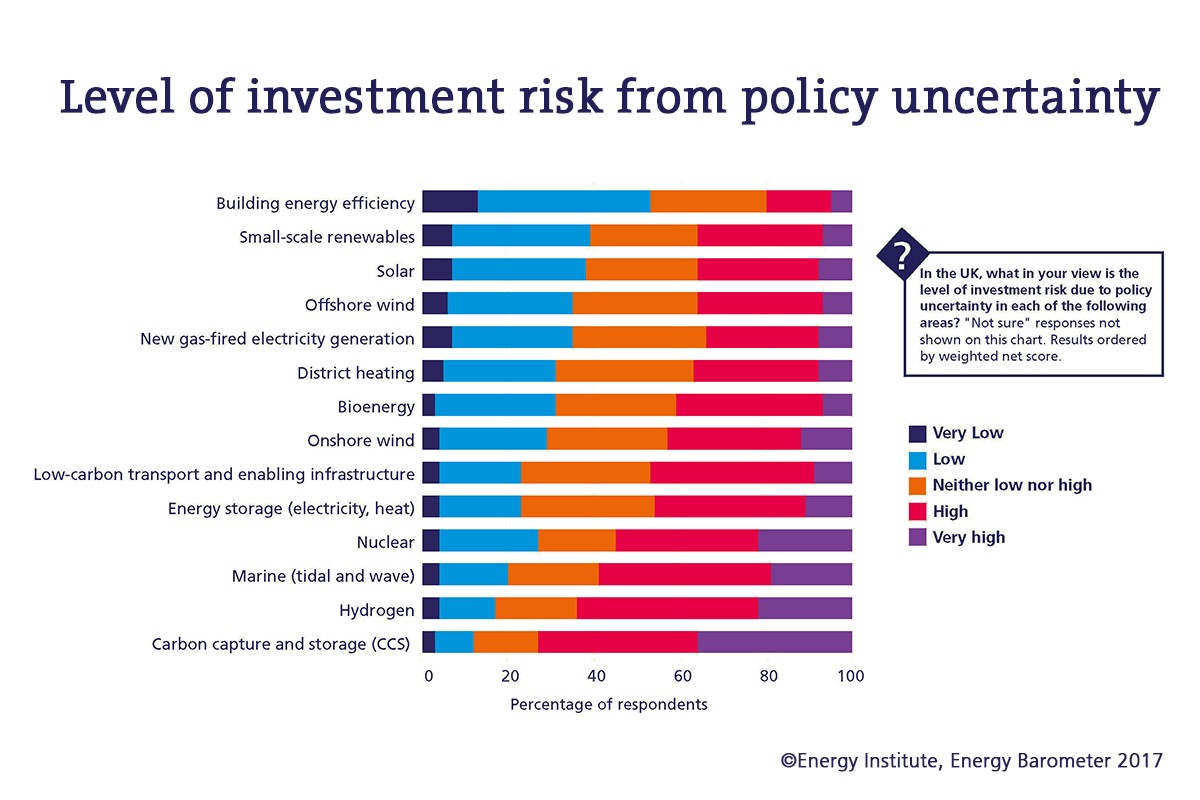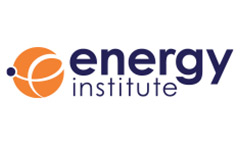10 August 2017
Interview with Sarah George, MCIPR, Engagement Manager – Knowledge Service at the Energy Institute
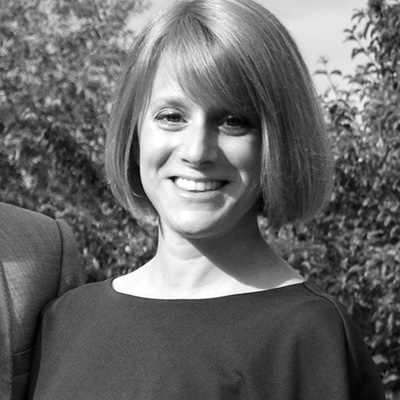
Can you tell our readers a little about your organisation?
The Energy Institute (EI) is the professional body for the energy industry. Our charitable aim is to develop and share knowledge, skills and good practice towards a safe, secure and sustainable energy system. We support over 23,000 individuals and 250 companies worldwide, working in or studying energy. We do this through career development, professional recognition and technical and scientific knowledge resources on energy in all its forms and applications.
What makes us different from many other professional bodies is the fact that our activities span the entire energy system – from upstream oil and gas to fuels, renewables and energy demand. This enables us to cross-pollinate ideas, provide valuable evidence to policy makers and also support good practice by transferring skills and knowledge between sectors and disciplines.
What are the most exciting developments you have seen in the wind industry?
Although the EI operates worldwide, being headquartered in the UK means we have had a front row seat to leadership in the offshore wind sector since the first offshore wind farm started operating here in 2000.
The UK continues to have the most installed offshore wind capacity in the world and the benefits have been immense for the economy, employment and in decarbonising our electricity system, especially as costs have fallen.
Importantly we’ve been able to support the development of health and safety good practice as this sector has grown. It’s another example of the value of working across energy sectors – a lot of the good practice that has been developed in the offshore oil and gas industry is transferable to offshore wind.
What changes would you like to see in the wind industry?
Energy professionals working on the ground are really the best people to ask about the challenges and opportunities for the industry. As Engagement Manager, I help bring EI members’ voices to the debate. Our 2017 Energy Barometer revealed that they see a huge potential role for renewables in helping to meet the UK’s emissions targets and reaping economic benefits from the low carbon transition. However, an uncertain and sometimes ineffective policy landscape is hampering investment and development across renewables.
This is especially the case for onshore wind, where policy uncertainty is believed to be the number one factor limiting investment. Our members’ wish for the wind sector is the same as their desire for the energy industry as a whole: a clear policy framework which provides certainty for investors and supports vital low carbon sectors like wind.
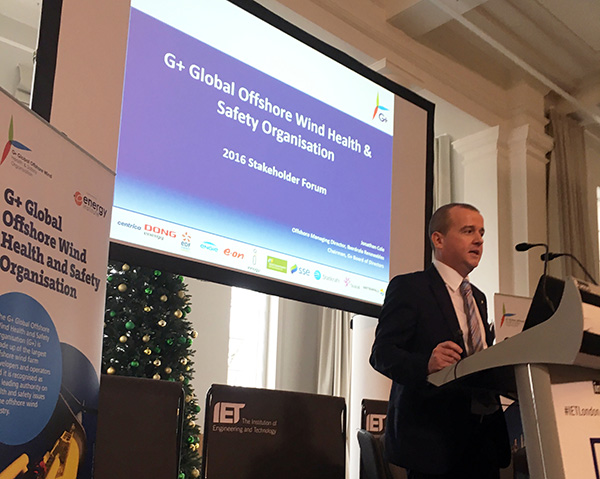
The EI acts as Secretariat for the G+ Global Offshore Wind Health and Safety Organisation
Going forward, what role do you see your organisation playing in the future development of wind energy?
Continuing to promote our core aims of knowledge, skills and good practice. By providing access to curated energy information through our library and knowledge service (where, for example, we host over 100 guidance documents for the Crown Estate), and bringing our members’ expertise to the policy debate through consultations and projects like the Energy Barometer. By supporting and recognising professionals’ skills through training and chartership and promoting diversity in the industry through programmes like Powerful Women. And by developing good practice guidance, especially in health and safety, as we do with the G+ Offshore Wind Health and Safety Organisation. G+ promotes and maintains the highest standards of health and safety amid often challenging conditions on offshore wind farms.
How has WindEurope membership benefited your organisation?
As the UK negotiates its exit from the EU, collaboration and cooperation continues to be important, especially for energy. A year after the referendum, a significant proportion EI members continue to consider the EU the most appropriate level for energy policy decisions, second to national level.
Participation in partnerships like we have with WindEurope helps to keep the EI and our members connected with transnational companies and the global energy industry.
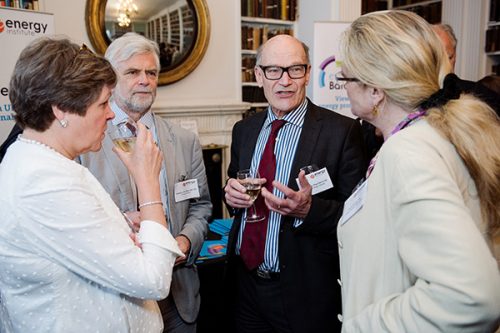
EI 2017 Melchett Lecture: The EI brings together people from all parts of the energy industry to share their knowledge and join the debate.
If we look ten years ahead, what do you hope to have achieved?
To have enabled long-term, evidence-based energy policy through dialogue between our members and policy makers which supports the development of wind and other sectors.
To have developed a well-skilled and diverse energy workforce which is ready to tackle the challenges of the 21st century.
To have expanded the community of good practice and collaboration among wind operators which protects workers and the environment.

